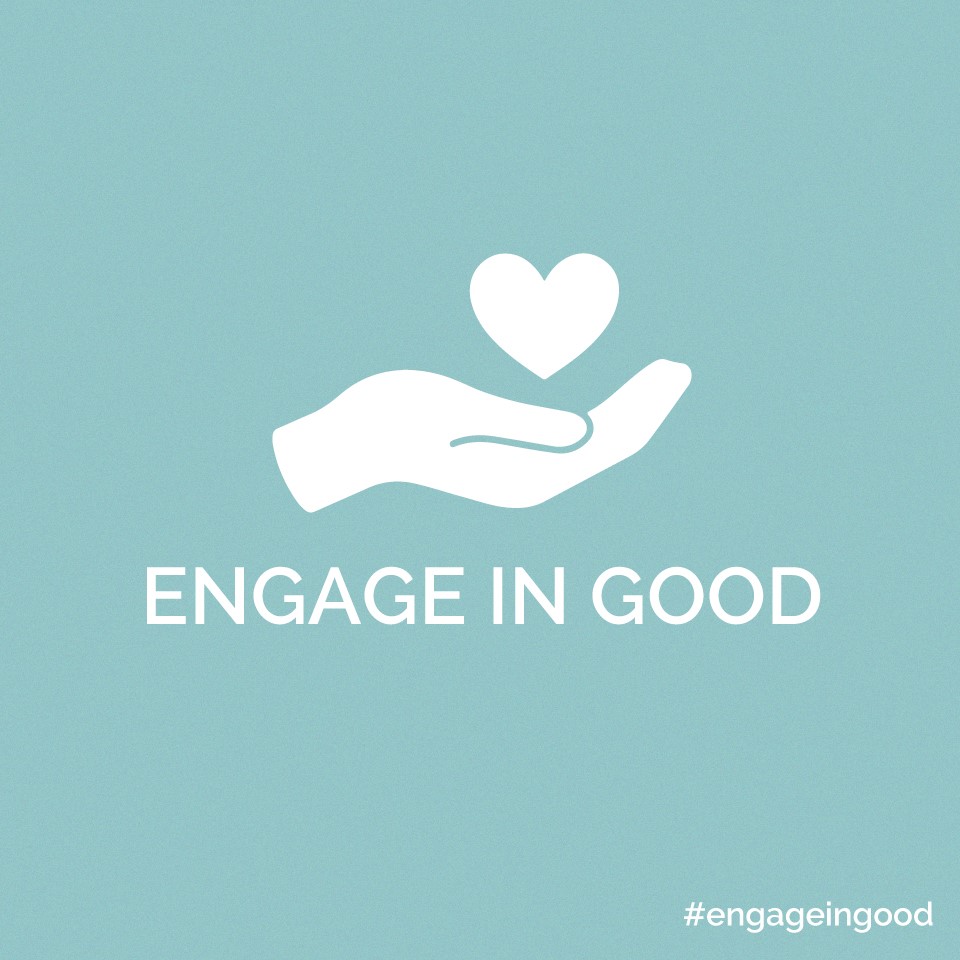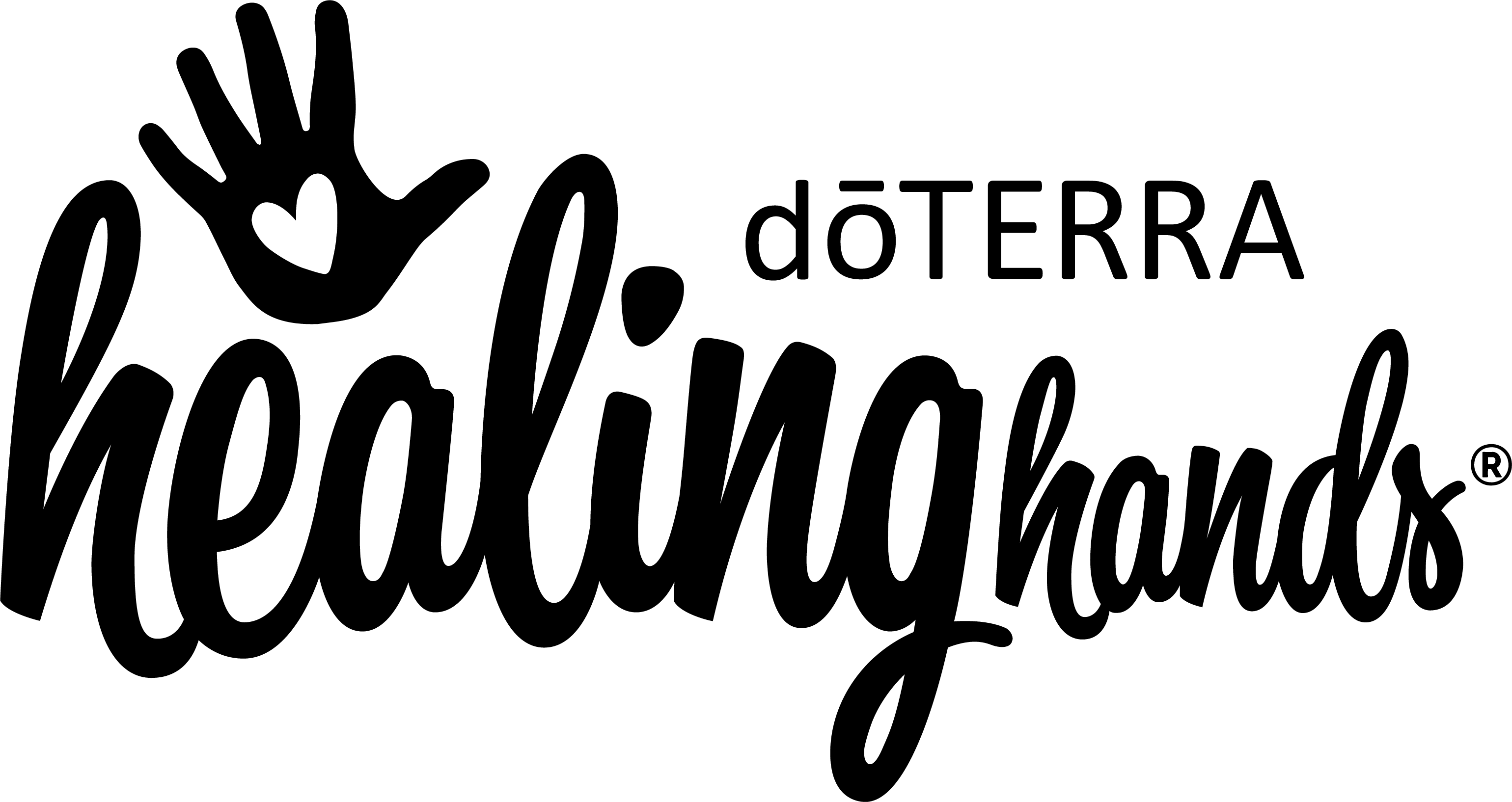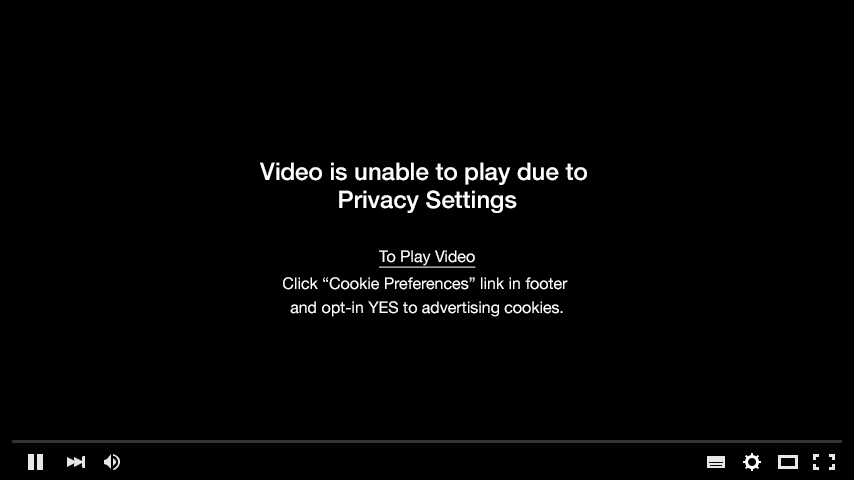Anti-Human Trafficking
Human slavery is one of the fastest growing and most despicable types of domestic abuse and organized crime. The dōTERRA Healing Hands Foundation is dedicated to helping those who are most vulnerable by:
- Preventing trafficking through awareness, education, and placement
- Rescuing children from traffickers
- Providing aftercare and rehabilitation for survivors
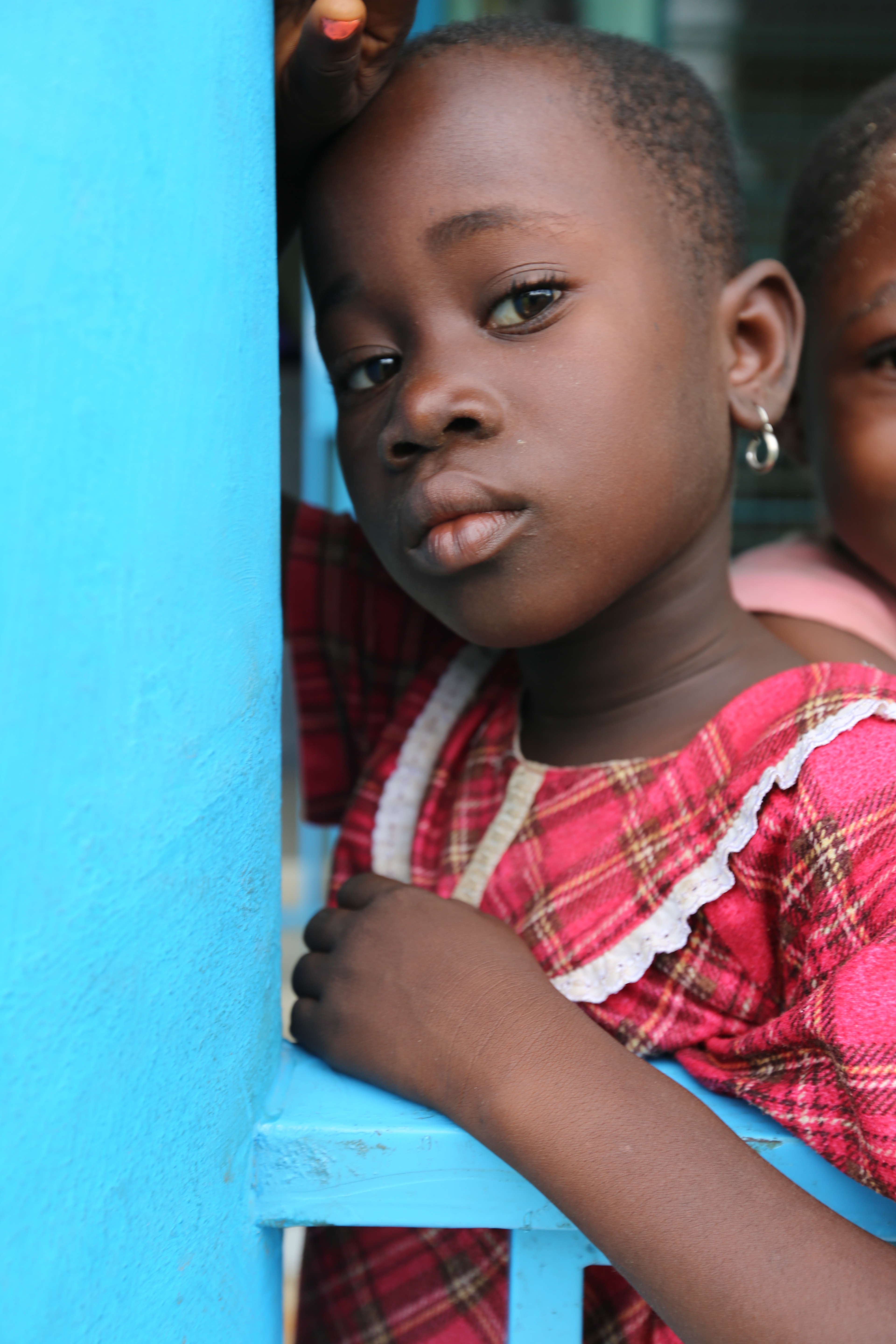
Did you know?
At any given time in 2016, there were an estimated 40.3 million people in modern slavery, including 24.9 million in forced labor and 15.4 million in forced marriage.
- This means there are 5.4 victims of modern slavery for every 1,000 people in the world.
- 1 in 4 victims of modern slavery are children.
- Out of the 24.9 million people trapped in forced labor, 16 million people are exploited in the private sector such as domestic work, construction or agriculture; 4.8 million persons in forced sexual exploitation, and 4 million persons in forced labor imposed by state authorities.
- Women and girls are disproportionately affected by forced labor, accounting for 99% of victims in the commercial sex industry, and 58% in other sectors.
- By the age of 18, 23,000 children are not adopted and leave the foster system with no family support and are at high risk for trafficking.
- 74% of likely sex trafficking victims were in the care of social services or foster care when they went missing.
- Of the more than 23,500 endangered runaways reported to NCMEC in 2019, 1 in 6 were likely victims of child sex trafficking.
Sources: https://www.ilo.org/global/publications/books/WCMS_575479/lang–en/index.htm & National Center for Missing and Exploited Children

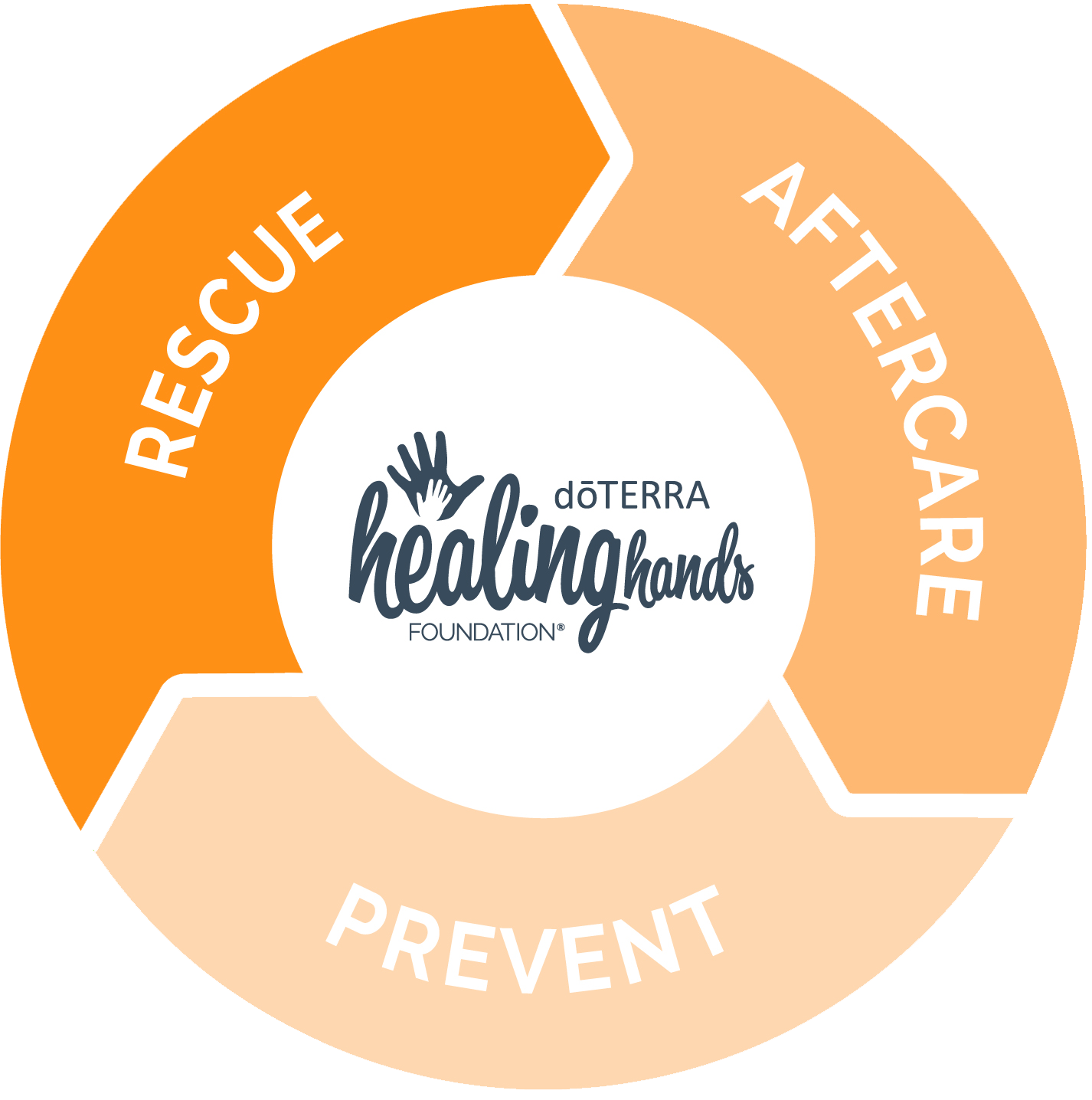
“How do we mobilize these youth to really do something, and trust their voice?” Listen to Prevention: Ashley Bryant from 3 Strands Global
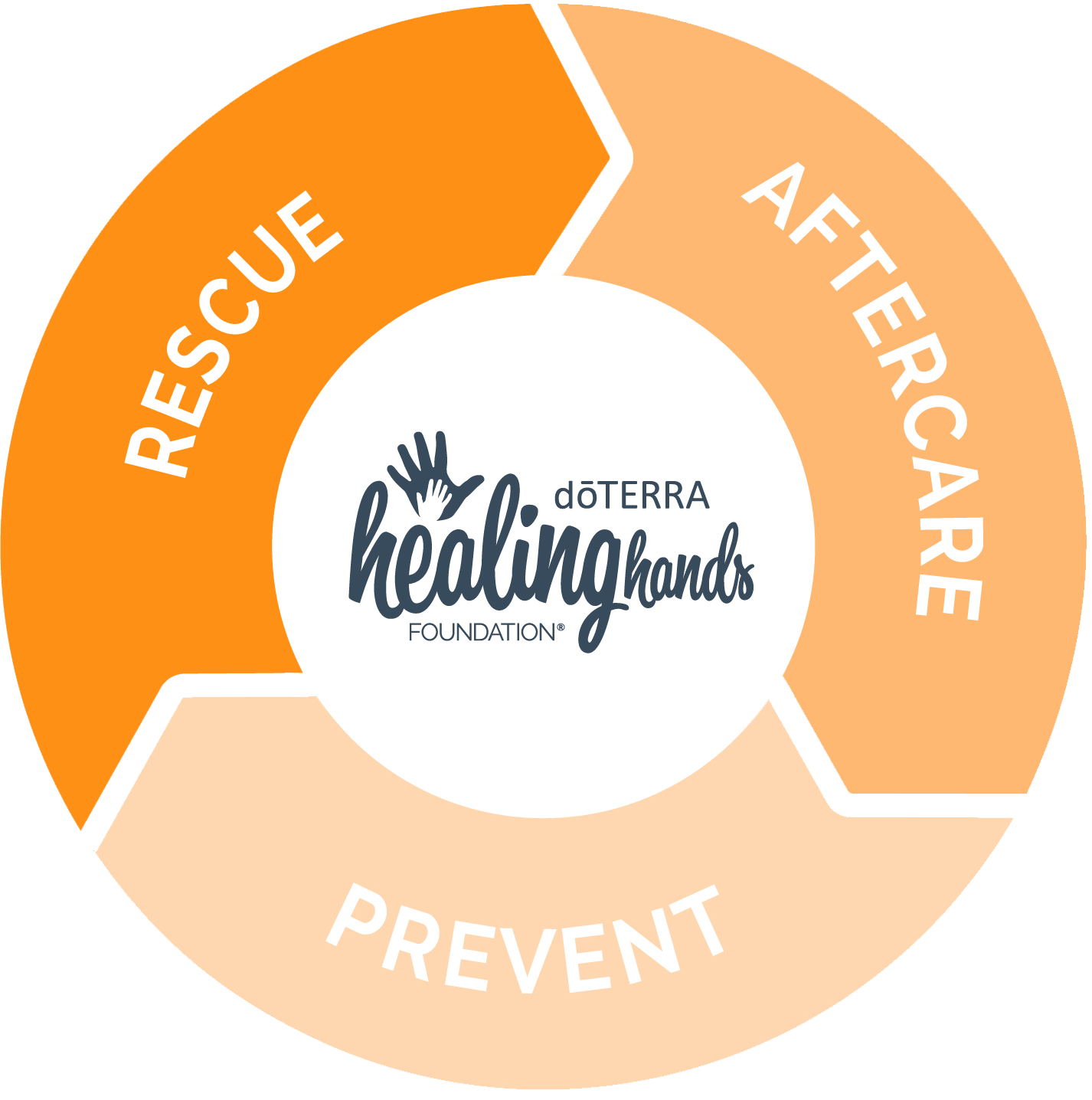
“Society doesn’t want to see that there are victims of sex trafficking around them. We were around them. I was there.” Listen to The Fight against Human Trafficking with Dave Stirling

“Trust has been robbed from them. Hope has been robbed from them. And they don’t know who they can trust.” Listen to Aftercare: Steph Freed from Rapha International
Finding Home
Finding Home is a unique documentary about trafficking, as the stories go far beyond the actual trafficking experiences. Finding Home shows in depth the struggle, growth, and challenges that come with trying to pick a life back up after it has been fragmented. Each of these three young women has a unique story with unique hurdles to overcome. The difficulties and complexities of learning how to deal with life after horrific abuse by slave owners and men looking to exploit sex with underage girls are unpacked in a way that communicates cross-culturally and proves the connectivity in the human spirit.
Finding Home reminds us that we are all connected in our humanity; that we are all looking for a place of love, acceptance and community…a place called home.
Watch the Finding Home documentary by Rapha International: https://s3.amazonaws.com/finding-home/Finding+Home+-+Digital+Download.mp4
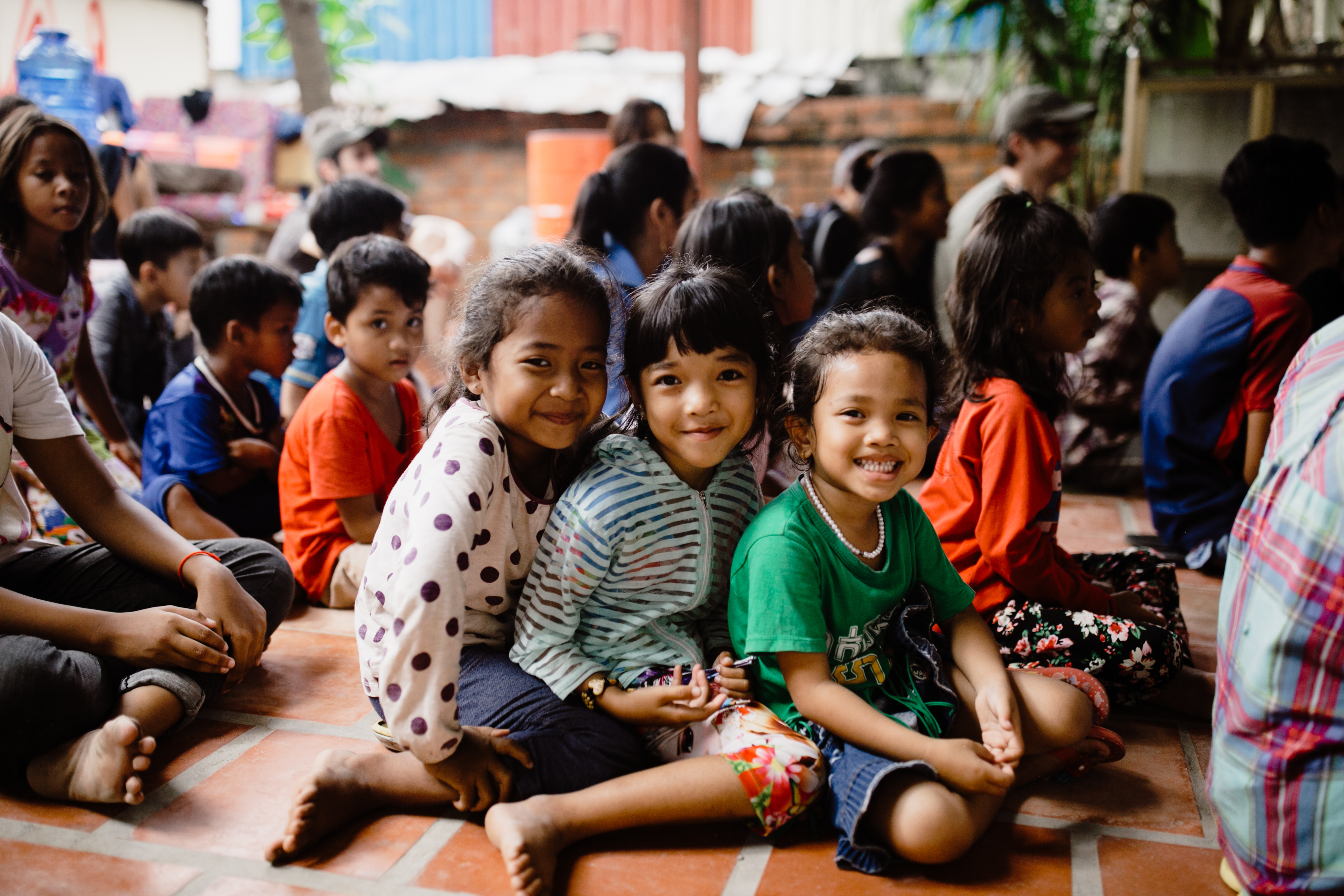
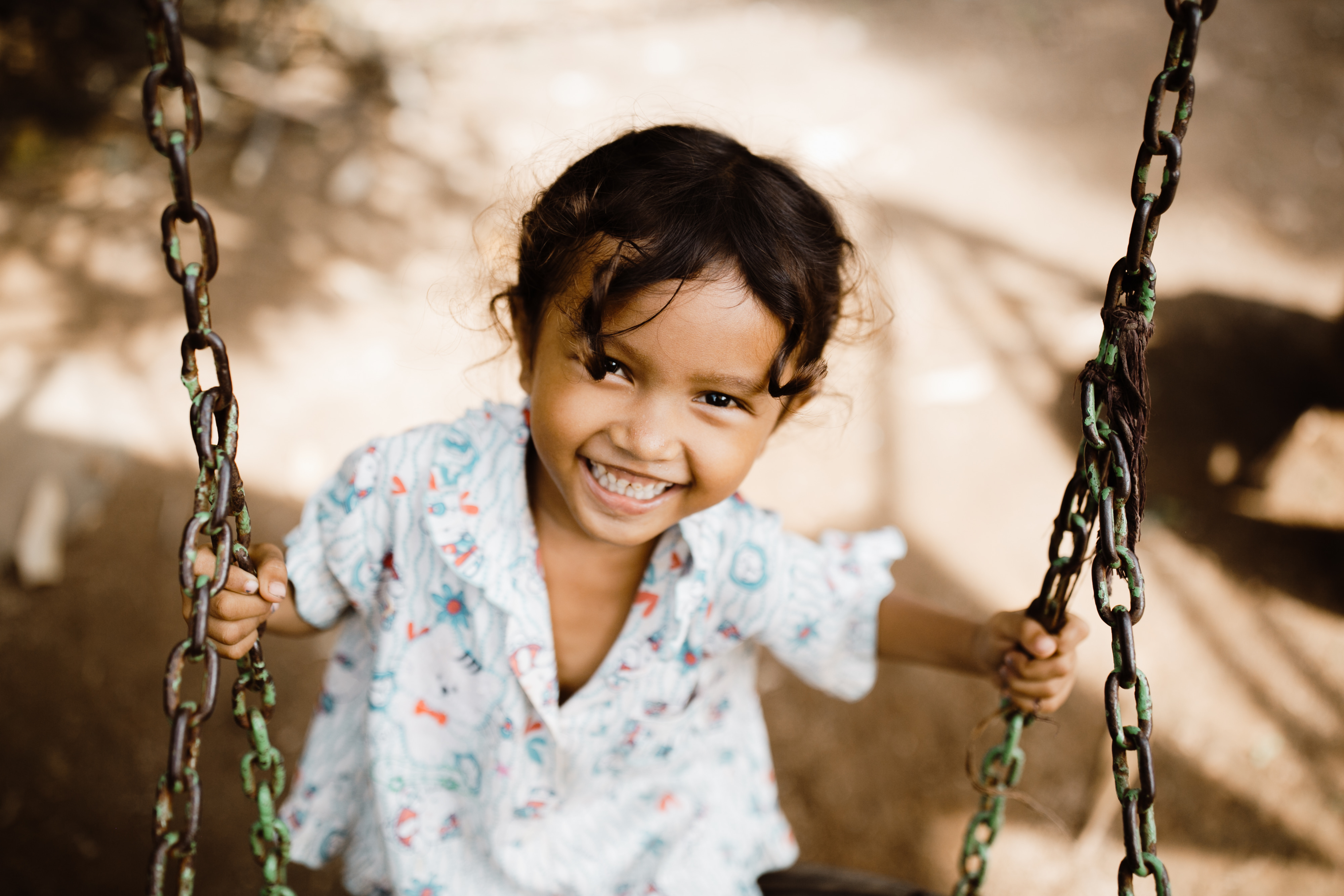
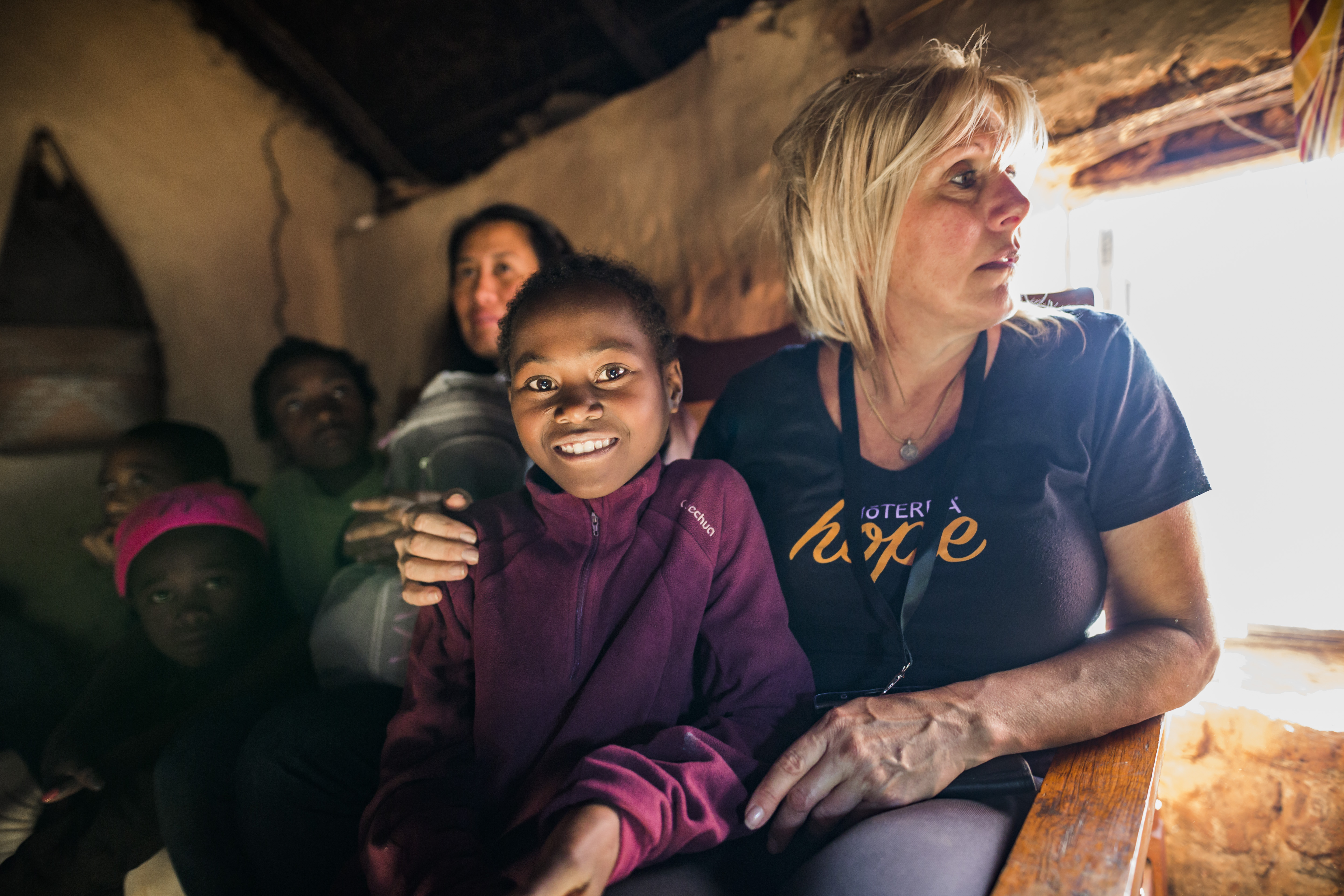
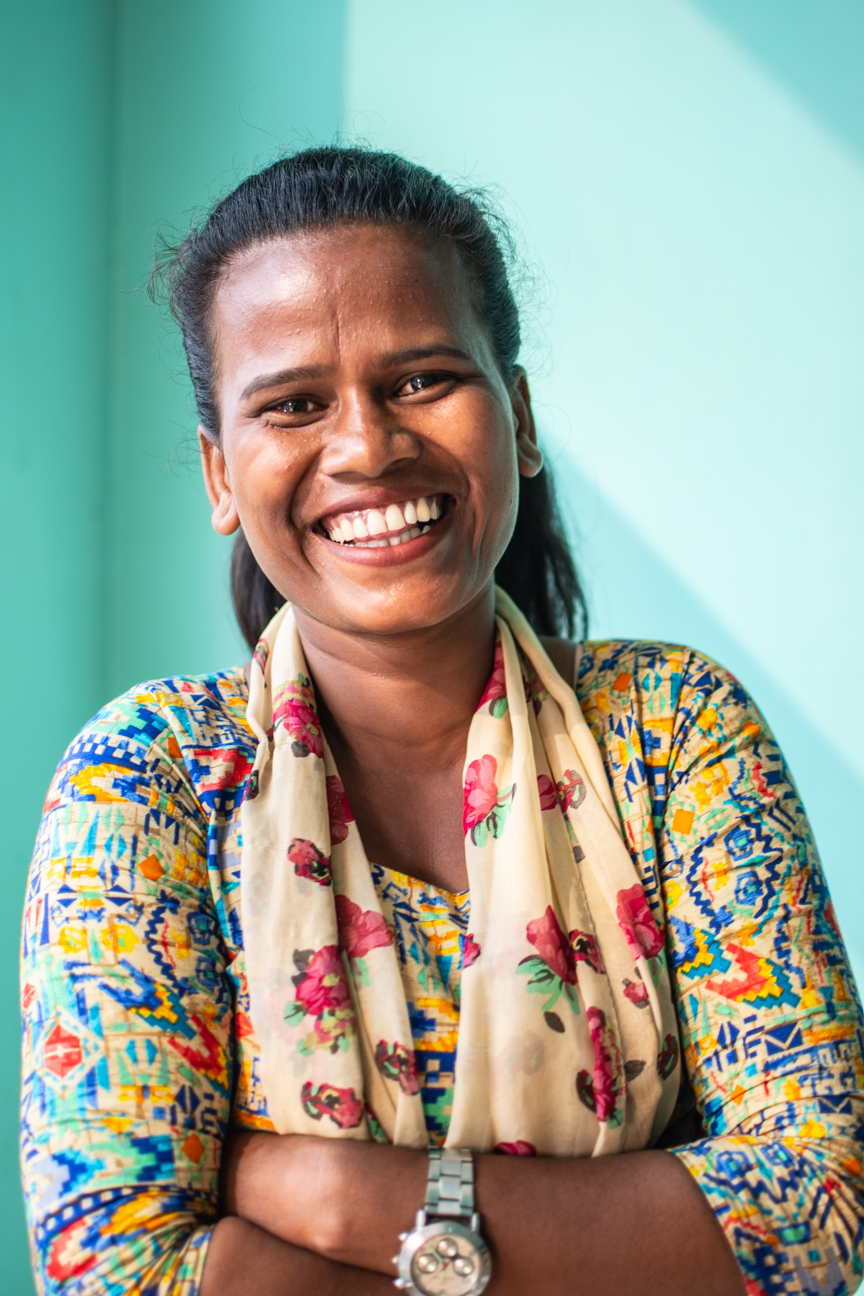
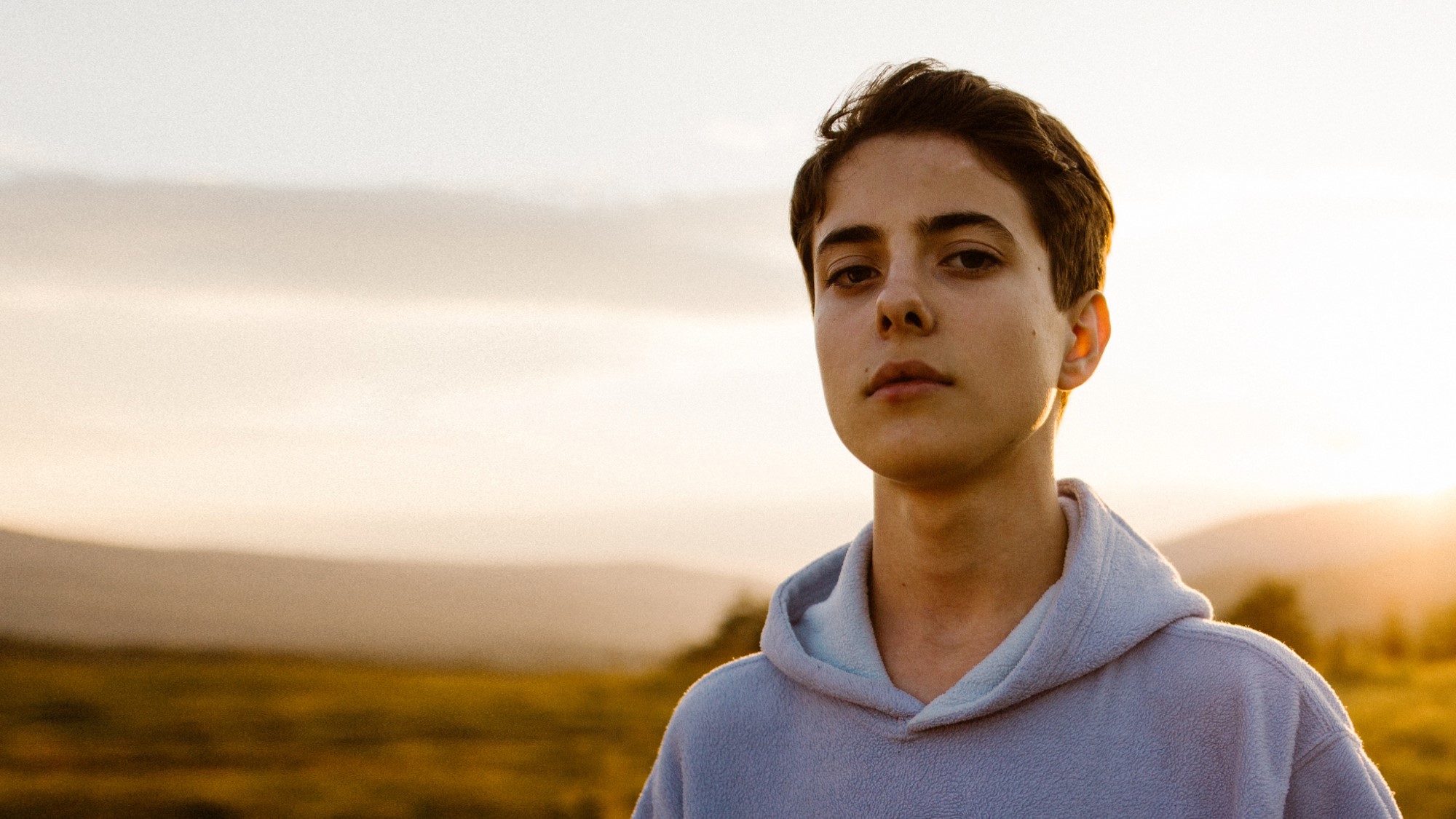
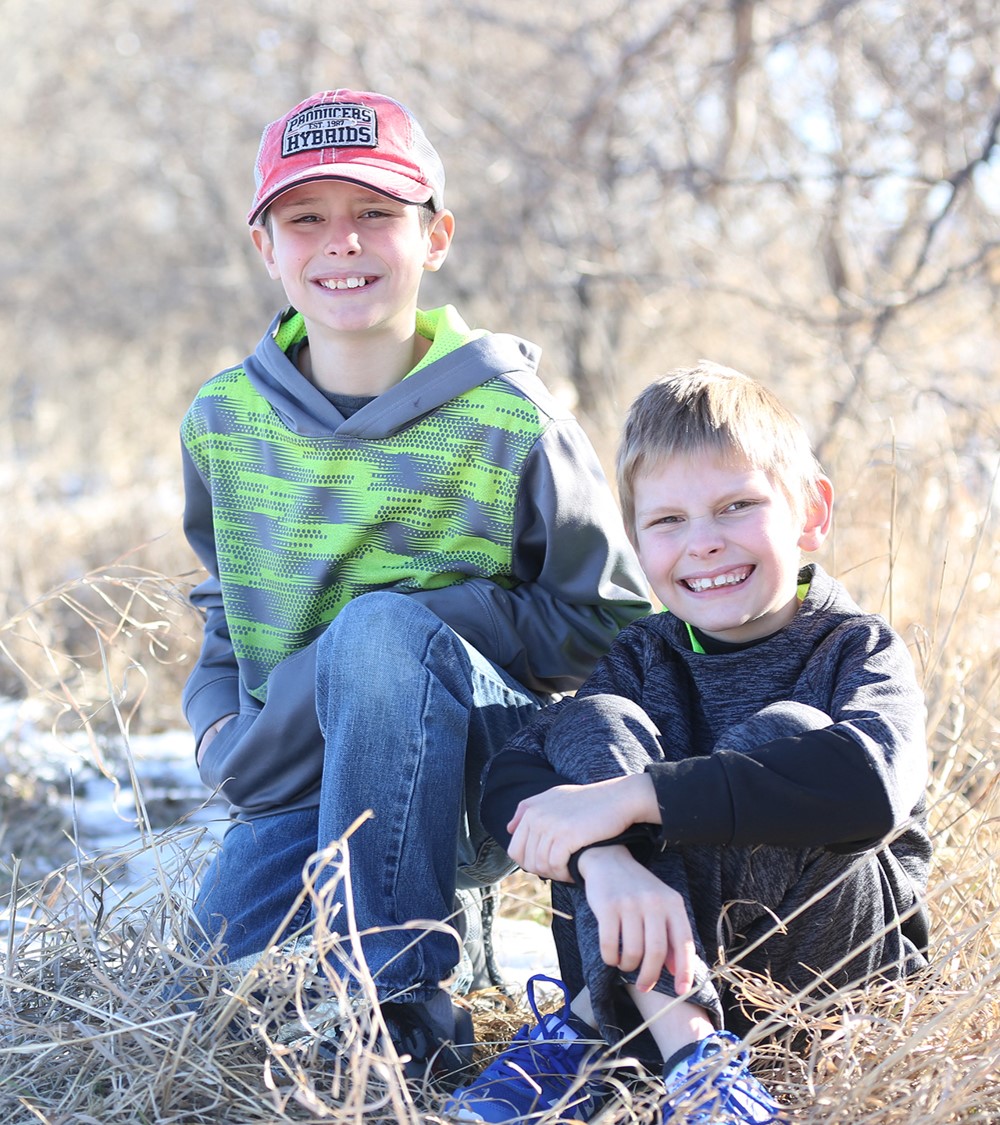
What Can I Do?
The reality of human trafficking can be scary to acknowledge. It can often feel overwhelming and like it is too big of an issue for an individual to make a difference. That’s where you’d be wrong. Being aware and acknowledging there is a problem is a great first step. Here are some things you can do to continue on that journey, which will help in making the world better starting right in your very own family or community.
- Learn the indicators of human trafficking. Complete the 3 Strands Global PROTECT training.
- If you are in the United States and believe someone may be a victim of human trafficking, call the 24-hour National Human Trafficking Hotline at 1-888-373-7888 or report an emergency to law enforcement by calling 911. Trafficking victims, whether or not U.S. citizens, are eligible for services and immigration assistance.
- Evaluate your personal buying choices - What you buy makes a big difference in fighting global trafficking. From clothing to electronics, slavery occurs in supply chains. Start by making small changes, like buying fair trade products whenever you can. The U.S. Department of Labor’s app puts a lot of research together, so you can browse goods that may use child labor or human trafficking. You can find it HERE
- Volunteer and support anti-trafficking efforts in your community.
- Meet with and/or write to your local, state, and federal elected officials to let them know you care about combating human trafficking and ask what they are doing to address it.
- Be well-informed. Set up a web alert to receive current human trafficking news.
- Host an awareness-raising event to watch and discuss films about human trafficking. For example, learn how modern slavery exists today; watch an investigative documentary about sex trafficking; or discover how forced labor can affect global food supply chains. Alternatively, contact your local library and ask for assistance identifying an appropriate book and ask them to host the event.
- Working with partners like Rapha House and 3 Strands Global, dHHF has helped provide critical support for human-trafficking prevention, rescue, and aftercare efforts. You may consider participating in The Match program, or donating to a Wellness Advocate matching project supporting an anti-human trafficking initiative. Search for one HERE.
- Encourage your local schools or school district to include human trafficking in their curricula and to develop protocols for identifying and reporting a suspected case of human trafficking or responding to a potential victim.
- Use your social media platforms to raise awareness about human trafficking, using the following hashtags: #endtrafficking, #freedomfirst.
- Become a mentor to a young person or someone in need. Traffickers often target people who are going through a difficult time or who lack strong support systems. As a mentor, you can be involved in new and positive experiences in that person’s life during a formative time.
- Parents and Caregivers: Learn how human traffickers often target and recruit youth and who to turn to for help in potentially dangerous situations. Host community conversations with parent teacher associations, law enforcement, schools, and community members regarding safeguarding children in your community.
- Youth: Learn how to recognize traffickers’ recruitment tactics, how to safely navigate out of a suspicious or uncomfortable situation, and how to reach out for help at any time.
- College Students: Take action on your campus. Join or establish a university club to raise awareness about human trafficking and initiate action throughout your local community. Consider doing one of your research papers on a topic concerning human trafficking. Request that human trafficking be included in university curriculum.
Join the dHHF Team!
Share what you’ve learned or a way you have taken action on social media. Make sure to include #EngageInGood on your post.
